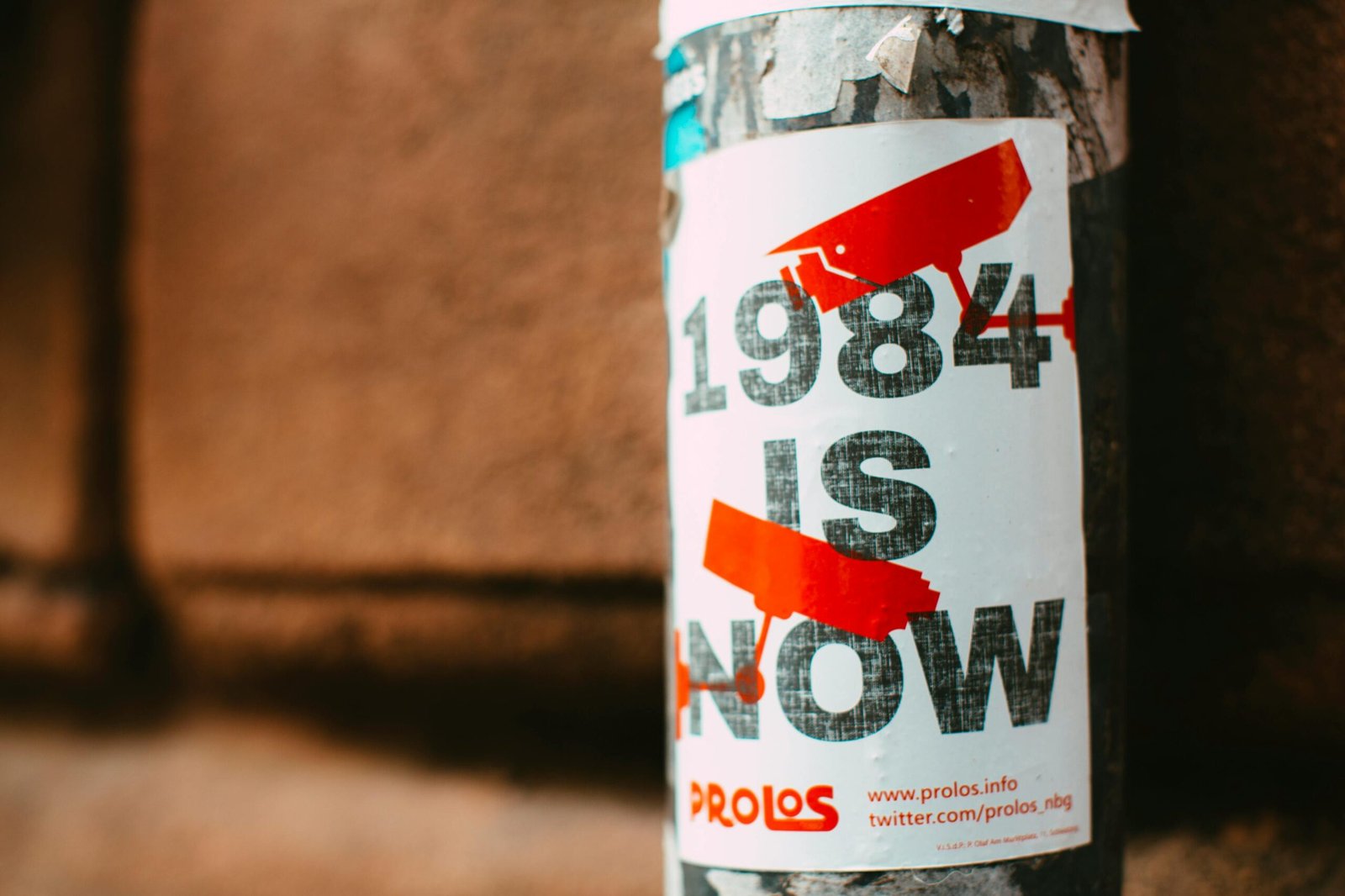Uber and Delta Forge New Partnership: What It Means for SkyMiles Members
In a game-changing announcement at CES 2025, Uber unveiled a multi-year exclusive partnership with Delta Air Lines, offering SkyMiles members opportunities to earn miles through Uber rides and Uber Eats orders in the U.S. This new collaboration marks the end of Delta’s previous agreement with Lyft, which will expire on April 7, 2025.
Launching in the spring, Uber customers can look forward to enhanced experiences at Delta hubs, including improved pickup and drop-off services. While details remain sparse, as an Uber spokesperson declined further comment, the anticipation is building.
“Years ago we teamed up with our first airline to unlock more ways to uplevel and innovate around travel experiences, thereby turning those customers into Lyft loyalists,” Lyft stated. “We’re continuing to expand our horizons by joining forces with major brands who share our customer obsession.”
{Lyft’s emailed statement}
Under this partnership, Uber promises SkyMiles members attractive incentives: 1 mile per dollar spent on orders over $40 via Uber Eats or on UberX rides to and from airports. Opt for premium services like Uber Comfort or Black, and you’ll earn 2 miles per dollar. Plan ahead with reserved rides, and the rewards jump to 3 miles per dollar.
The Bigger Picture: A Step Towards Future Mobility
This collaboration might be just one piece of a larger puzzle linking Delta, Uber, and Joby Aviation—a startup specializing in eVTOL (electric vertical takeoff and landing) technology. Delta’s deal with Joby may soon offer customers access to electric air taxis starting in NYC.
- Joby acquired Uber Elevate in 2020, integrating urban air mobility into their apps.
- Their air taxi software, ElevateOS, aims to revolutionize on-demand mobility.
Though the three companies—Uber, Joby, and Delta—have yet to announce a formal alliance, their shared vision of connected mobility suggests an exciting future. Joby is on track for certification and aims to launch its services by 2025.
While all parties remain tight-lipped about further developments, it’s clear that this partnership could redefine how we think about transportation.
{Industry speculation}



